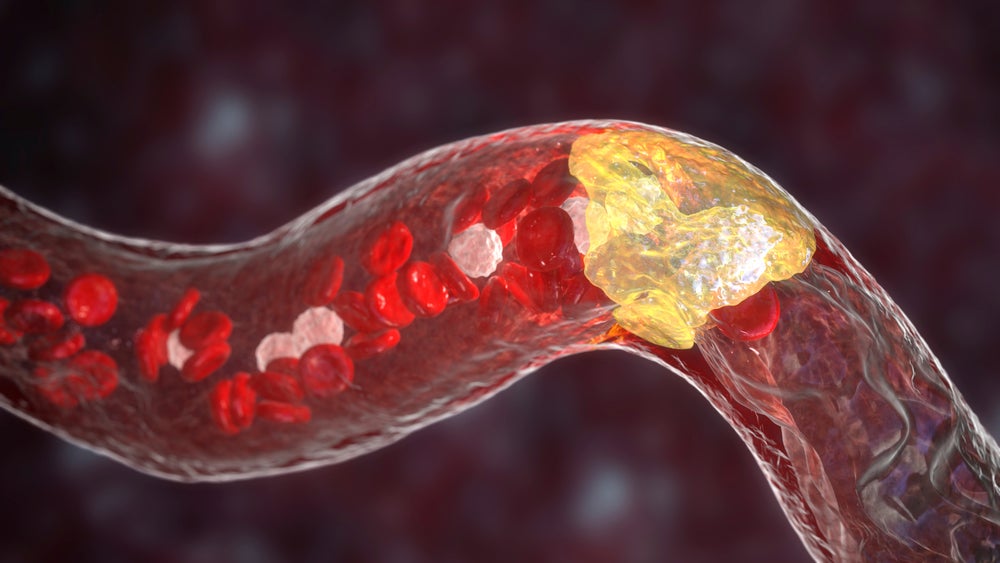On 17 September, at the European Association for the Study of Diabetes (EASD) event in Vienna, findings were presented from a real-world analysis evaluating the impact of alirocumab in patients with atherosclerotic cardiovascular disease (ASCVD) but no prior myocardial infarction or ischemic stroke. The analysis evaluated how alirocumab reduces acute ischemic events and all-cause mortality, comparing outcomes in patients with and without diabetes.
Alirocumab, a fully human monoclonal antibody, targets proprotein convertase subtilisin/kexin type 9 (PCSK9) to preserve low-density lipoprotein (LDL) receptors, enhancing LDL cholesterol clearance and addressing a major driver of ASCVD progression. While the ODYSSEY OUTCOMES trial confirmed its value in secondary prevention after acute coronary syndromes, this study expands its benefits to a broader ASCVD population without prior acute ischemic events.
Using data from the Optum Research Database (2016-2022), the study examined 1,056 patients with diabetes and 2,245 without, all starting alirocumab, matched to similar patients not on a PCSK9 inhibitor. Over two years, the primary endpoint – a composite of nonfatal heart attack, nonfatal stroke, or all-cause mortality – was analysed rigorously. Alirocumab reduced cardiovascular events by 49.5% in patients with diabetes (7.1% absolute risk reduction; p<0.001) and by 42.3% in those without (3.3% absolute risk reduction; p<0.001). Benefits were consistent across coronary, cerebrovascular, and peripheral artery disease, with the greatest impact in patients with diabetes, who have higher baseline risk. Alirocumab was well tolerated, with 55-56% of patients on statins and no unexpected safety concerns. These results are consistent with prior clinical trial evidence and reinforce alirocumab’s role as an effective therapy in routine clinical practice.
In conclusion, this analysis strengthens alirocumab’s position as an effective lipid-lowering therapy, significantly reducing acute ischemic events and mortality in ASCVD patients, especially those with diabetes. By targeting PCSK9 and sustaining LDL-C reduction, alirocumab proves valuable beyond traditional secondary prevention, emphasising the need for aggressive lipid management in earlier cardiovascular disease stages.

US Tariffs are shifting - will you react or anticipate?
Don’t let policy changes catch you off guard. Stay proactive with real-time data and expert analysis.
By GlobalData




